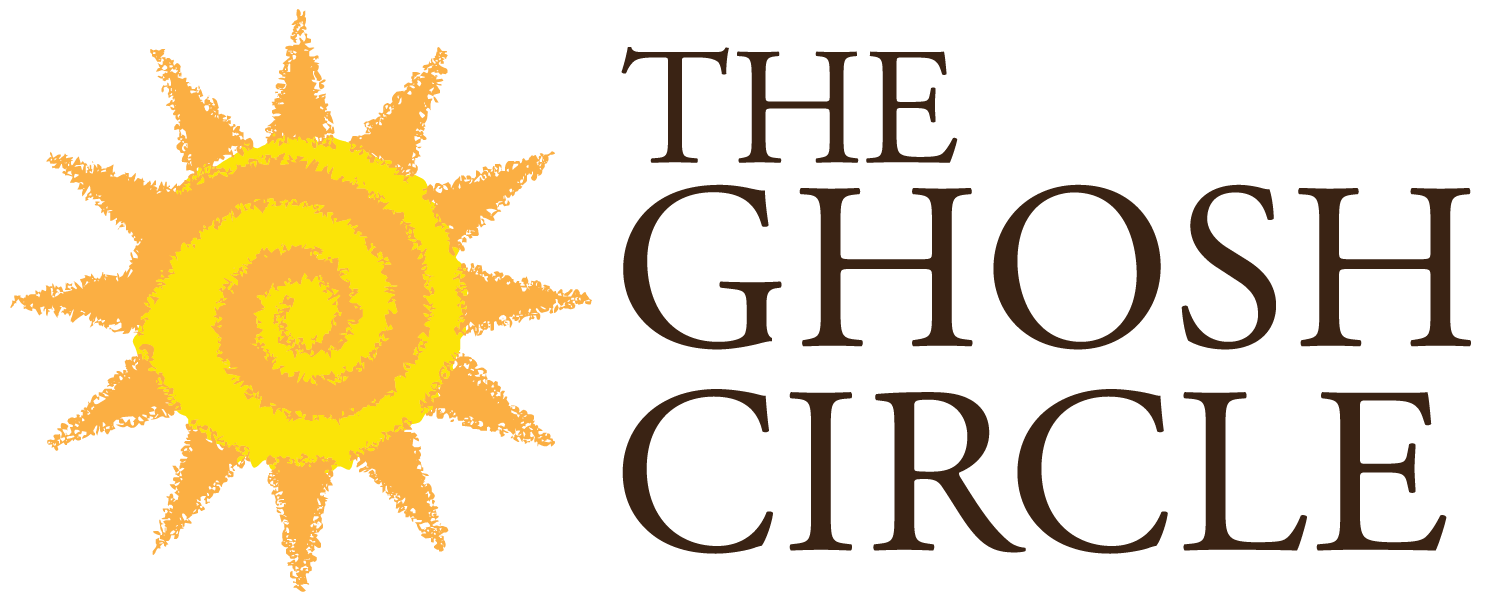How Genes Affect Your Risk of Cancer
If you last learned about genes in middle school science class, here’s a little refresher. Genes are the basic physical units of heredity. You have two copies of each of your genes, one from each of your parents. Genes are made up of DNA, and each has a special job to do. They carry information that determines traits passed on to you from your parents – things like red hair or brown eyes.
Sometimes, there are problems in the genes you inherit, known as mutations. Because certain genetic mutations can increase the possibility of heredity cancers, genetic testing can help identify your risk of acquiring specific cancers in your lifetime.
Genetic Testing - Not for Everyone
Not all cancers are caused by inherited genetic mutations. In fact, it’s estimated that mutations play a major role in only five to ten percent of all cancers. Two of the most well-known mutations are in the BRCA1 and BRCA2 genes, associated with breast and ovarian cancer, as well as prostate and pancreatic cancer.
Overall, more than 50 hereditary cancer syndromes have been identified; genetic testing is available for many of these. The tests will tell you whether you have a higher risk than other people of developing a specific cancer type, but will not predict with certainty whether you will get cancer.
“...mutations play a major role in only five to ten percent of all cancers”
Should you be tested? It depends on a few factors. Many experts recommend that you should consider genetic testing if all three of these criteria are met:
You have a personal or family history that suggests an inherited cancer risk condition
The test results can be interpreted to learn whether a specific genetic change is present or absent
The results will provide information to guide your future medical care, such as taking steps to reduce risk or schedule cancer screenings
Your Family History
Certain factors in your personal or family history may be signs of a hereditary cancer syndrome. These include a family history of:
Cancer at an early age – Two or more relatives diagnosed with cancer at an early age
Multiple cancers – A relative who’s been diagnosed with two or more types of cancer
History of same cancer – Three or more relatives on the same side of the family with the same or related types of cancer
Risks and Benefits of Genetic Testing
If you think you might benefit from genetic testing, have a frank conversation with your doctor or a genetic counselor. Discuss what you hope to gain from the testing and what you’ll do with the results, whether they’re positive or negative.
There are psychological implications to learning your results. And the results may not affect just you, but also your children or other members of your family. It helps to be fully prepared for what you might learn before embarking on testing.
In next week’s post, we’ll look at how genetic testing is done and how to understand the results.

